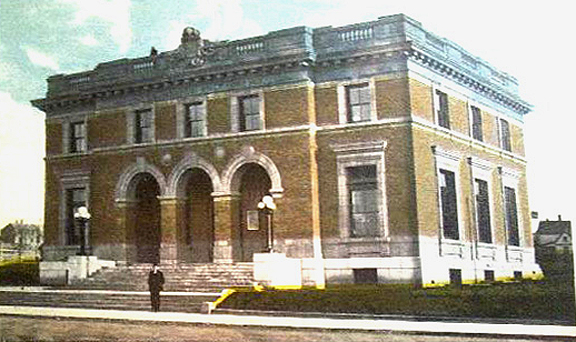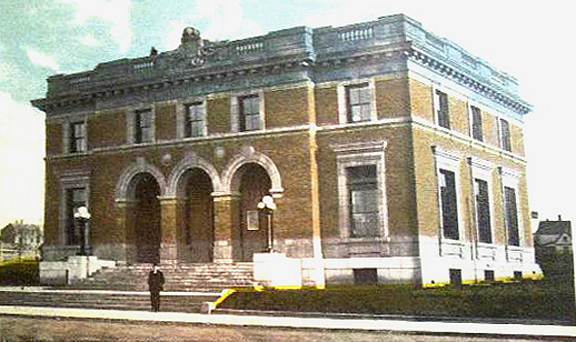Walter Blevins, alias Walter Curtis, alias Walter Dean, a criminal with Johnson City connections in 1917, rivaled the exploits of Jesse James with his attention-grabbing experiences and daring adventures. Although Blevins boasted that he belonged to the famous Harvey Logan clan, his claim was disputed.
J.W. Hornung. Ruffles was a man-about-town, conversationalist, cricketer and bold “gentleman thief.” Blevins' deeds and crimes were deemed as being unparalleled in the popular “Diamond Dick” and “Nick Carter” mystery pulp magazine stories. The police were unaware of half of the slick desperado's wrongdoings, which he accomplished with extraordinary cunningness.
Once, while officers were keeping an eye on the criminal, he freed himself from handcuffs using a small pipe cleaning wire. Moreover, he concealed small saws and files under plasters attached to his back that were used when he was incarcerated. Time and again, the outlaw proved to authorities that prison bars were no obstacle to his freedom.
After Walter was released from Leavenworth Prison in Kansas on October 15, 1916, he traveled to Chattanooga and worked for two or three weeks as a structural steel worker on the Volunteer State Life Building. He quit that job about the middle of November that year and visited his parents who lived about ten miles north of Johnson City.

For two months, he remained in the East Tennessee area. During that time, he robbed the Johnson City Post Office on Ashe Street at Earnest (site became the Ashe Street Court House). He used nitroglycerine to blow up the main vault and a large safe inside it, exposing $10,000 worth of postage stamps and several hundred dollars in cash. Shortly afterward, the post office at Piney Flats was burglarized. Blevins was a suspect in both robberies but authorities had no tangible proof he was their man.
Blevins was later caught and confessed to the robbery at the Johnson City Post Office and was charged for the crime he allegedly committed. He was tried at the session of the United States District Court at Greeneville, TN, but repudiated his alleged admission, claiming that the confession was forced from him. Since the federal government was unable to refute his claim, the jury acquitted him; there simply was no other evidence of his guilt.
While in jail in Greeneville, Blevins was given a saw by a young boy who was behind bars serving a light sentence for a minor charge. Blevins told the lad that his saw was no good for cutting thick bars. He showed him some better ones that he had hidden in his belt. He offered the youngster five dollars if, when he soon got out of jail, he would obtain a quantity of nitroglycerine and smuggle it to him. He made the mistake of telling the boy that his intentions of using the explosive were to kill the guard and destroy part of the prison, thus allowing other inmates to break out. The boy became frightened at what Blevins said and instead, squealed the details of the offer to federal officers.
Blevins was sent back to Montana, but not before he was constrained with extra security to prevent him from escaping again. Officers placed a 20-pound boot that had a combination lock on it that would take three minutes to open. They also placed a set of extra strong handcuffs on him. This time, the clever outlaw did not escape.
Some of Blevins' other crime sprees included stealing gold nuggets in Alaska, killing a man and wounding a woman who were slow to raise their hands when ordered to do so and holding up about a dozen automobiles loaded with people on their way home from a dance at a country club.
Walter Blevins' crime binge came to a culmination when he was convicted of murder and highway robbery, but spared the death penalty by being sentenced to life behind bars by a Montana judge. By this time, his cunningness had worn thin and he did not escape. His name is now a forgotten fixture of yesteryear.

Comments are closed.